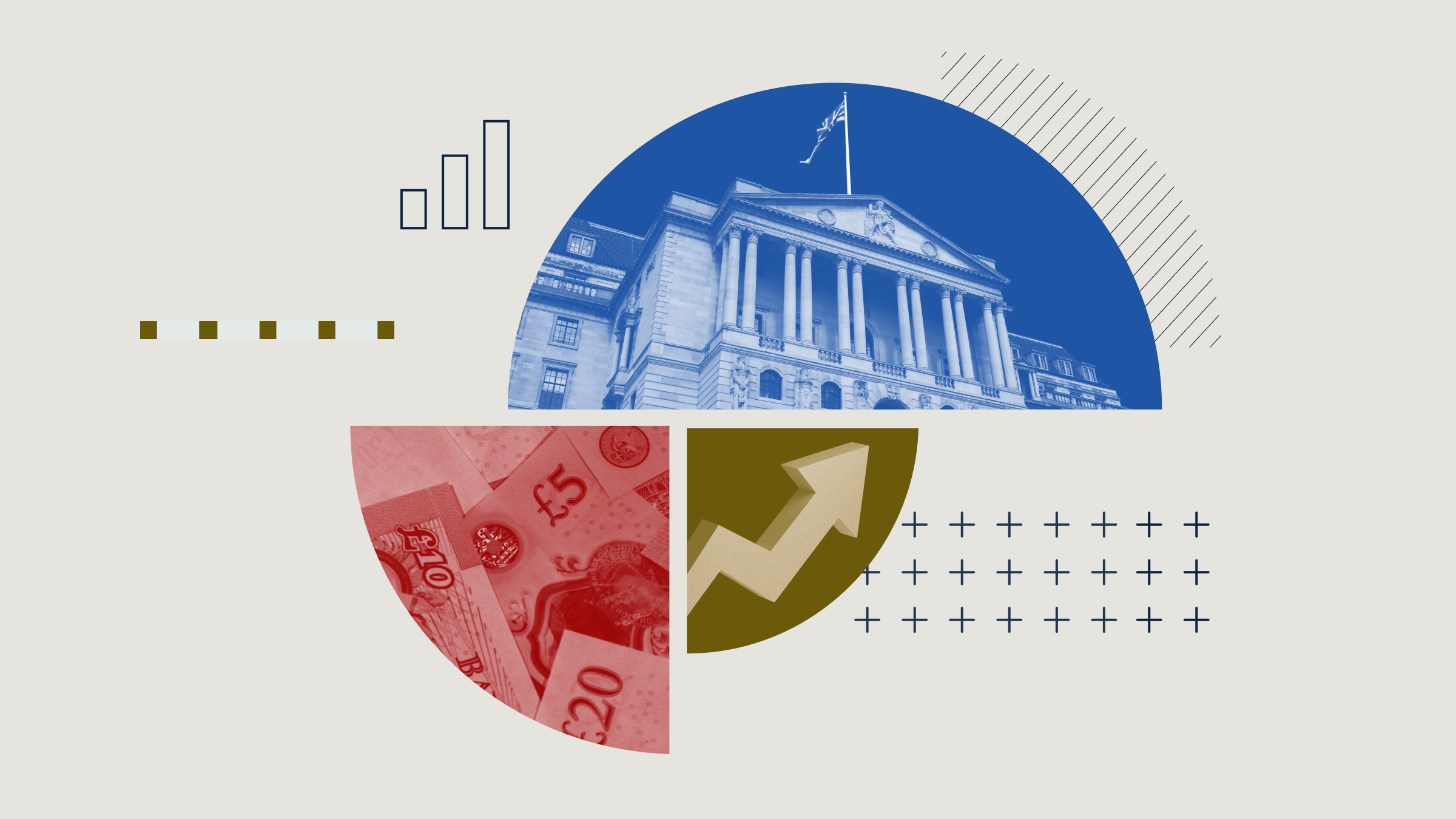This article is part of the Morningstar's Guide to Emerging Market Investing. Click here to find out just what an emerging market is and which regions hold the potential to boost your investment portfolio.
Emma Wall: Hello and welcome to Morningstar series, Why Should Invest with You. I am Emma Wall and I am here today with Simon Evan-Cook, Manager of the Premier Multi-Asset Growth and Income Fund.
Hi, Simon.
Simon Evan-Cook: Hi.
Wall: So your fund is a bit of one-stop-shop. You are doing what most investors are trying to do, which is blending funds from different regions, different styles in order for an outcome and the fund we're going to talk today about is the growth and income fund, and in particular, because we're doing an Emerging Markets Week, I thought we could look at how you blend, the emerging markets part of that portfolio with everything else. I know that you have been avoiding China, so maybe we should start there.
Evan-Cook: Yes. That's really good place to start especially at moment, the time of us talking, China seems to be crashing around everyone's ears. It's had the incredibly bubble like rise in the way up and now seems to be coming off at just the same pace. So we have avoided direct exposure to China, and what I mean by that is, we haven't bought any Asia trackers for example, the reason being that it looked very obvious to everyone outside of China, that was a bubble and that was going to end quiet messily, and that seems to be what's happening.
What that doesn't mean is that we don't have any exposure to China whatsoever because we are very, very firm believers in active management. So we have highly active funds in Asia and emerging markets which will have exposure to A-shares even or H-shares for the Hong Kong listed shares. But they will be very, very specifically picked stocks, picked because they are great companies or they are decent companies, a great valuation.
Now what that means is, at a time like now when there is lot of effectively babies being thrown out with bathwater, it means that those fund managers can pick up the stocks that have been unfairly hit, while avoiding the ones that you should never have touched in the first place. So, dislocations like we're seeing currently, as far as I'm concerned, good news.
Wall: With fund management, indeed with any kind of investing whether you are professional or private, it is about avoiding the mistakes as it is about picking the winners, isn't it?
Evan-Cook: Absolutely, yes. I think the best way to make money the long-term is not to lose it in the first place and I see exactly that. The active managers we use, I don't see them so much as being able to find that great 10 bag of stock that's going to go through the roof. I see them really, their primary function is to look at the market and then to get rid of the rubbish that's underneath. To get rid of those companies that are too expensive or those companies that are badly run or overleveraged.
Once you remove all that, then you are going to outperform the market anyway certainly over the long-term. So that ability to do that is exactly what we see from active managers.
Wall: Talking about things that don't do well, contrarian investing takes advantage of those things that have not done well in the past, and I know it's very emerging markets focus, but commodities is one of those things that you are starting to look at again, because it's been just been dire three years?
Evan-Cook: We are, yes. So I mean to give you the history of that, we look to commodities or commodities were very popular about two or three years ago. We looked at how they've done over the decade before, and they were the top of every performance table you could possible imagine. It was by X fund or X gold fund or whatever it may be, and that puts us right off. So the contrarian then goes both ways from avoiding and getting involved.
But now you fast forward three years and those same funds are at the very bottom of every 10-year list, so that's starting to get us interested again. We're talking to active managers, because once again we want active managers there, because I'm sure there are companies that will go bust, but we want an active manager to keep us out of those, which you wouldn't get if you bought the index.
But the fact is that they are so revolved now, the hot money seems to be long gone, and it's one fact we do know, it's a better time to buy them today than it was two or three years ago. That doesn't mean we bought in yet, but we are looking at them a lot more closer. So, it's just an example of how we view the world and how we operate.
Wall: So positive on Asia, negative on other valued U.S. equities, and starting to look at commodities?
Evan-Cook: That's very fair. U.S. equities, we have been under weighed for quite some time. Happily that hasn't affected our performance. We still performed very well. The reason being they've looked expensive all through the current rally on a long-term basis, but that hasn't stopped them from rallying. So, we may have got something wrong there.
We have to hold our hands up and have a look at it again, see, is there something we should have done better, but that doesn't mean correcting that mistake by rushing after them now. And what we're seeing now, evaluation, certainly on cyclically-adjusted basis that are at the peaks you saw in 1929, not quite at 1999 yet, but above every other single peak you've seen and that to us is not a great time to hold an asset class.
Wall: Simon, thank you very much.
Evan-Cook: My pleasure, thank you.
Wall: This is Emma Wall for Morningstar. Thank you for watching.





























